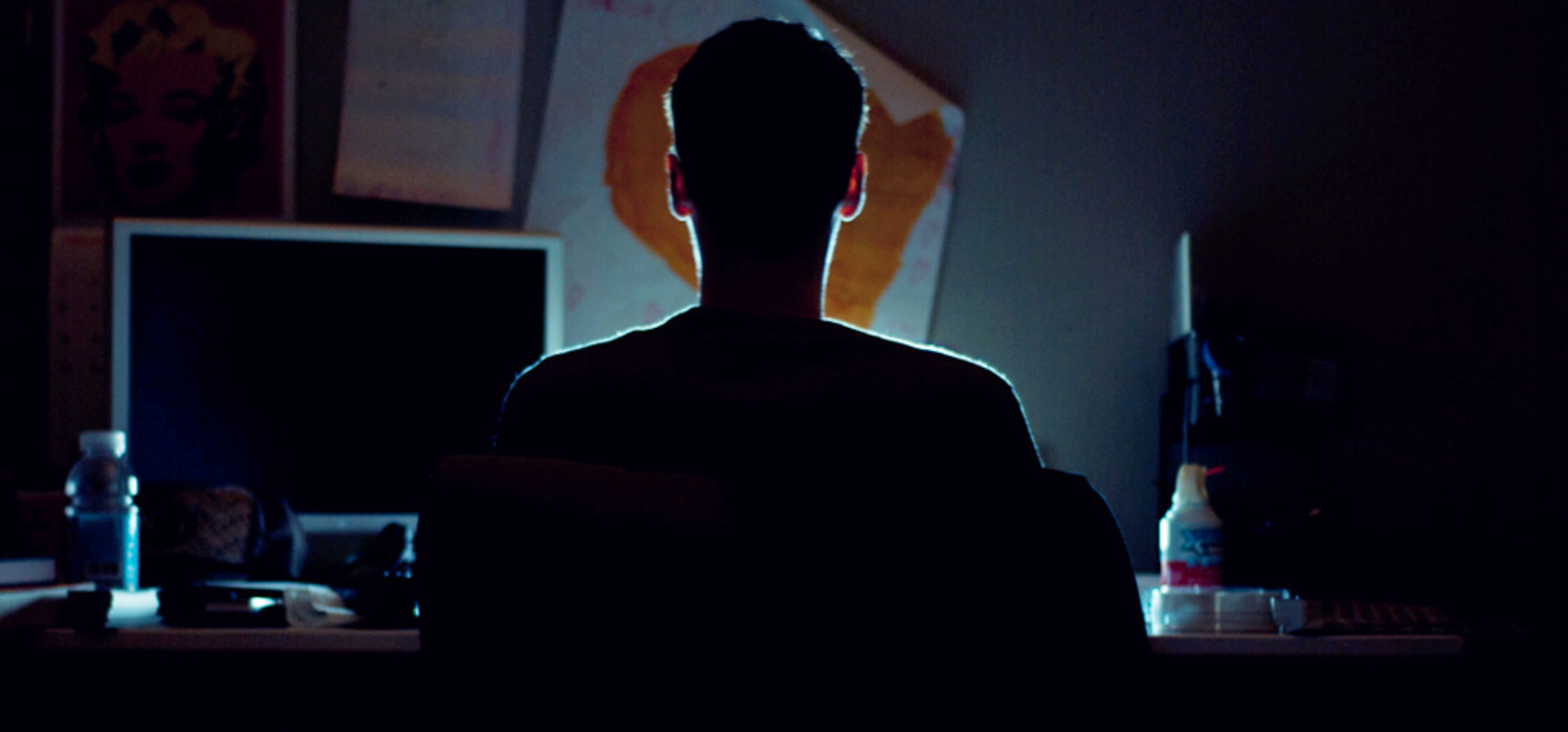Quick, think back to a major decision. You know, the kind that compelled you to read everything on a topic and lead you to spend hours devouring every last scrap of data.
How’d that work out for you?
We like to think that more information drives smarter decisions; that the more details we absorb, the better off we’ll be. It’s why we subscribe to Google Alerts, cling to our iPhone, and fire up our TweetDeck.
Knowledge, we’re told, is power. But what if our thirst for data is actually holding us back? What if obsessing over information actually reduces the quality of our decisions?
That’s the question raised by Princeton and Stanford University psychologists in a fascinating study titled On the Pursuit and Misuse of Useless Information.
Their experiment was simple. Participants were divided into two groups. Group 1 read the following:
Imagine that you are a loan officer at a bank reviewing the mortgage application of a recent college graduate with a stable, well-paying job and a solid credit history. The applicant seems qualified, but during the routine credit check you discover that for the last three months the applicant has not paid a $5,000 debt to his charge card account.
Do you approve or reject the mortgage application?
Group 2 saw the same paragraph with one crucial difference. Instead of learning the exact amount of the student’s debt, they were told there were conflicting reports and that the size of the debt was unclear. It was either $5,000 or $25,000. Participants could decide to approve or reject the applicant immediately, or they could delay their decision until more information was available, clarifying how much the student really owed. Not surprisingly, most Group 2 participants chose to wait until they knew the size of the debt.
Here’s where the study gets clever. The experimenters then revealed that the student’s debt was only $5,000. In other words, both groups ended up with the same exact information. Group 2 just had to go out of its way and seek it out.
The result? 71% of Group 1 participants rejected the applicant. But among Group 2 participants who asked for additional information? Only 21% rejected the applicant.
To say the findings are surprising is to state the obvious. After all, everyone had precisely the same information. So why would the rate of rejection be three times higher in Group 1?
The answer underscores a troubling blind spot in the way we make decisions. One that highlights the downside of having a sea of information available at our fingertips, and just might convince you to ditch your iPhone the next time you’re faced with an important choice.
Cliffhangers: Great for Television, Disastrous for Decisions
Remember Seinfeld and Friends? Fifteen years ago, a handful of television shows ended on cliffhangers. Daytime soaps were among the first to regularly end on a climax, and 24 made the practice a fixture of mainstream television. Today, most dramas are loathe to end an episode without one. Even comedies like The Office and Modern Family now rely on cliffhangers to draw viewers back.
There’s a psychological reason cliffhangers are so effective. The human mind hates uncertainty. Uncertainty implies volatility, randomness, and danger. When we notice information is missing, our brain raises a metaphorical red flag and says, “Pay attention. This could be important.”
Generally, that curiosity is useful. In our evolutionary past, knowing whether that rustling in the bushes belonged to a tiger or a mouse could have meant the difference between life and death. We’re wired to reduce uncertainty because our minds were adapted for another, more hazardous, time.
Seeking out information comes with a downside, however, which accounts for the intriguing difference between the two groups. When data is missing, we overestimate its value. Our mind assumes that since we are expending resource locating information, it must be useful.
Participants in Group 2 couldn’t help but ask for additional data. The mind, after all, hates information gaps. And because their attention was focused on whether the debt was $5,000 or $25,000, their thinking about the loan had shifted. They no longer saw the big picture–that the applicant had a history of defaulting. They were simply too fixated on a relatively minor detail, the size of the debt.
The Seduction of Data
The research underscores a sobering message: We’re fascinated with filling information gaps and that obsession can lead us astray. Especially today, when reducing uncertainty has become all too easy.
What’s the forecast for Friday? Pick up your iPhone. What’s Lindsey Lohan up to? Type in TMZ. Wonder what that girl from 10th grade drama now looks like? Facebook!
And it’s not just trivial information that’s easily accessible. It’s data that drives major business decisions. There’s always one more report, one more analysis, and one more perspective that’s a click or two away.
Neurologically, information is addicting. Learning is associated with the release of dopamine, the same as powerful drugs like cocaine. It’s why we are so vulnerable to an Internet rife with attention parasites that leave us worse for the wear.
In a world where every click brings the promise of a discovery, we are all at risk of becoming addicts. The challenge lies in differentiating between questions worth exploring and questions best left unasked.
[Image: Flickr user JacobFG]
Recognize your brand’s excellence by applying to this year’s Brands That Matter Awards before the early-rate deadline, May 3.
